What Are The 17 Symptoms of Complex PTSD
What Are The 17 Symptoms of Complex PTSD
At Novel Mind & Wellness Center, we are dedicated to raising awareness and educating the public about the impact of emotional trauma, including Complex Post-Traumatic Stress Disorder (C-PTSD). Studies show that only 2-11% of individuals with trauma-related symptoms receive a proper diagnosis. This statistic underscores the need to dispel misconceptions about trauma and its treatment, which can help reduce the stigma surrounding PTSD.
Understanding PTSD Symptoms
PTSD symptoms typically emerge within three months of a traumatic event, but they can appear later as well. To receive a PTSD diagnosis, these symptoms must persist for more than a month and significantly affect daily life, such as job performance or personal relationships. Importantly, these symptoms cannot be attributed to medication, substance use, or other health conditions.
The duration of PTSD symptoms varies greatly. Some individuals recover within six months, while others may struggle for years.
Common Co-occurring Conditions
Many individuals with PTSD also face additional mental health challenges, including depression, substance use disorders, and anxiety. It’s normal to experience symptoms like emotional detachment or feeling as if the traumatic event happened to someone else. While these feelings often improve with time, seeking help is important if they persist.
The 17 Symptoms of PTSD include:
- Agitation
- Nervousness & Anxiety
- Problems with Concentration or Thinking
- Problems with Memory
- Headaches
- Depression & Crying Spells
- Suicidal Thoughts or Attempts
- Mood Swings
- Obsessive-Compulsive Tendencies
- Panic Episodes
- Paranoia
- Shakiness
- Substance Abuse
- Flashbacks
- Hypervigilance
- Nightmares
- Sleep Disturbances
The Impact of PTSD on Daily Life
Each of these symptoms can negatively affect close relationships, self-esteem, and physical health. PTSD can develop after witnessing or experiencing traumatic events like military combat, sexual assault, natural disasters, or serious accidents.
Innovative Treatments at Novel Mind & Wellness Center
At Novel Mind & Wellness Center, we offer advanced treatment options for PTSD, including ketamine therapy. This option is particularly beneficial for patients who have not responded to conventional treatments like SSRIs or psychotherapy. Ketamine has shown promising results in helping individuals with treatment-resistant PTSD, and it is also used for managing chronic pain conditions such as CRPS, neuropathy, cancer-related pain, and migraines.
Get the Help You Need
If you or a loved one are experiencing PTSD symptoms, we’re here to help. Contact us today to learn more about how ketamine infusions may offer relief.



